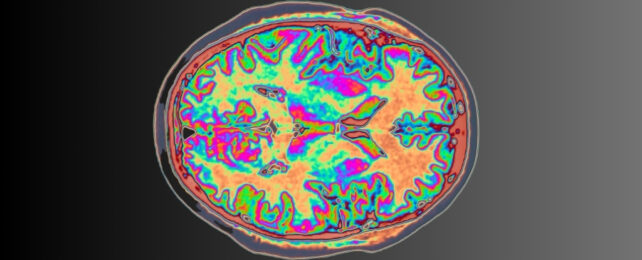The US Food and Drug Administration (FDA) approved a drug made by Eli Lilly on Tuesday that is designed to treat the early symptoms of Alzheimer's disease.
The drug known as Kisunla should be used by "patients with mild cognitive impairment or mild dementia stage of disease," the FDA said in a statement announcing its decision to approve the drug.
"Patients treated with Kisunla demonstrated a statistically significant reduction in clinical decline," and a range of other criteria, it added.
Kisunla, which is the brand name for the drug donanemab-azbt, joins only a handful of other drugs currently approved by the US regulator to treat Alzheimer's, which currently affects more than 6.5 million Americans.
"Kisunla demonstrated very meaningful results for people with early symptomatic Alzheimer's disease," Eli Lilly executive vice president Anne White said in a statement published by the US pharmaceutical company.
"We know these medicines have the greatest potential benefit when people are treated earlier in their disease, and we are working hard in partnership with others to improve detection and diagnosis," she added.
The FDA's decision was welcomed by the Alzheimer's Association, a non-profit organization focused on eradication of the disease.
"This is real progress," the association's president, Joanne Pike, said in a statement. "Today's approval allows people more options and greater opportunity to have more time."
"Having multiple treatment options is the kind of advancement we've all been waiting for – all of us who have been touched, even blindsided, by this difficult and devastating disease," she added.
In Alzheimer's disease, two key proteins, tau and amyloid beta, build up into tangles and plaques, known together as aggregates, which cause brain cells to die and lead to brain shrinkage.
